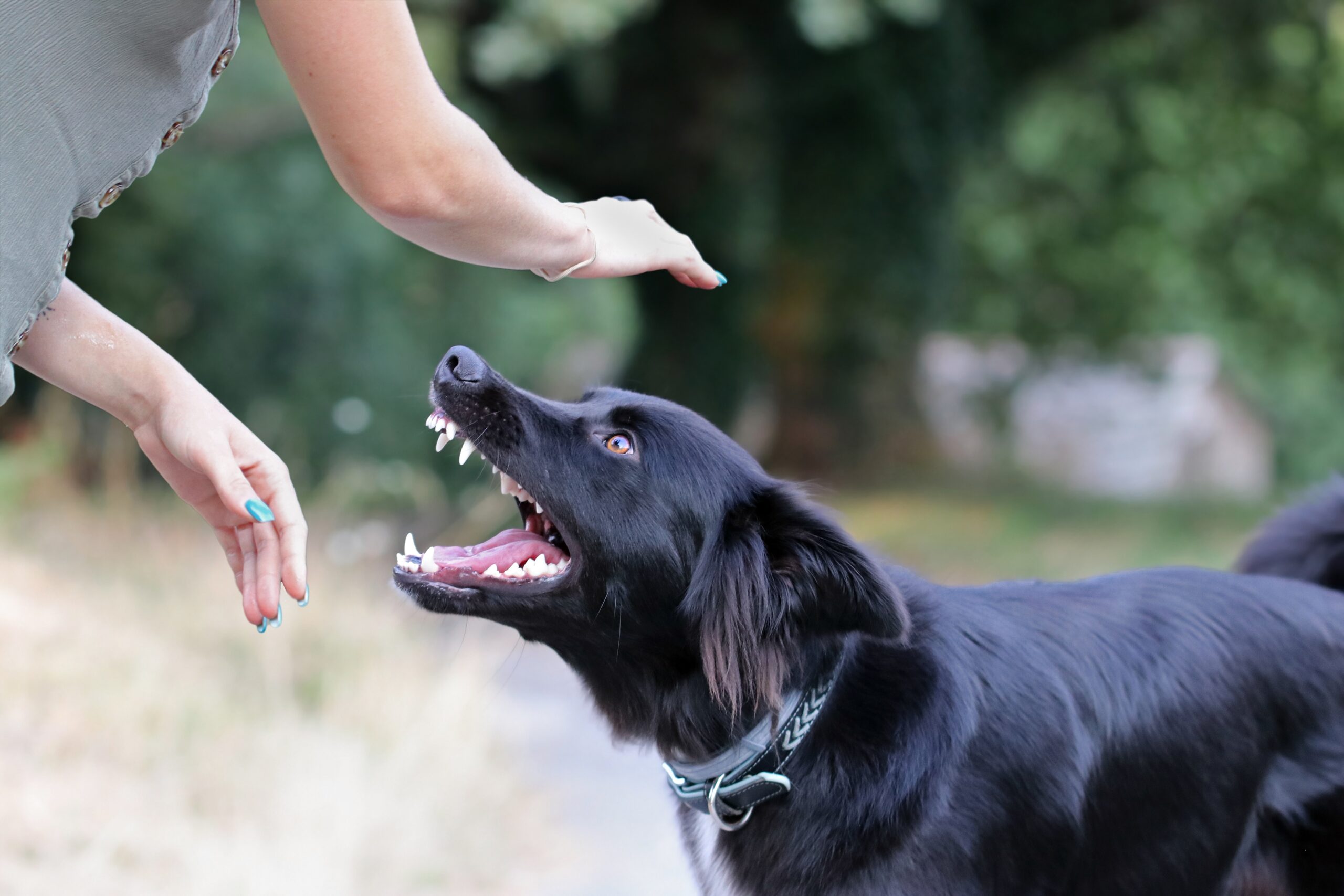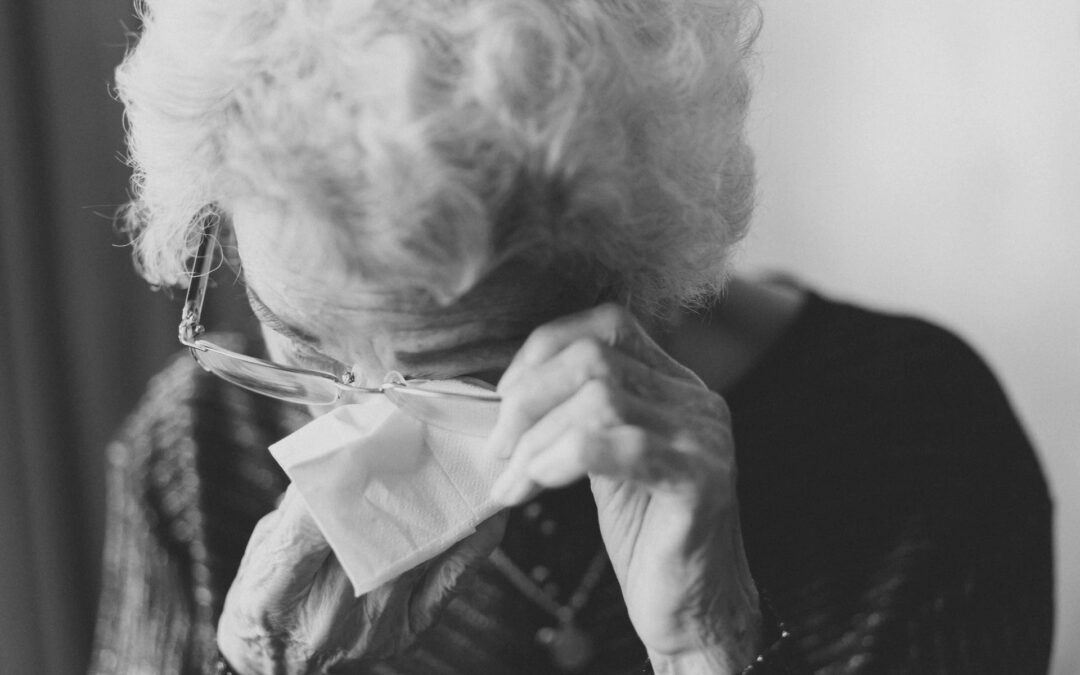Your pet may become aggressive or defensive after a divorce and need consistent monitoring.
This is especially true if your dog is old, blind, deaf or otherwise impaired. After you’ve split up, you can no longer expect your dog to behave like he used to in the relationship and must be vigilant with him. In some cases, one partner will seek to prevent the other from having contact with their dogs during separation issues. If this is an issue for you, be sure to talk to your attorney about getting access to your spouse’s dog(s) while working out your property settlement.
Older adults may be especially vulnerable to attack by a dog after a divorce.
This is particularly true of older parents, like younger one who are no longer living with their spouses. If your elder parent has recently been divorced or separated from his or her spouse, this person may feel more comfortable having another family member present when he or she interacts with you. However, it’s important that they know how much you respect their relationship with their former partner. You don’t want to create a situation in which your loved ones aren’t happy together, but one of them is still complaining about the other.
A new spouse might start a dating relationship with your dog after your divorce.
You’re in shock when you split up, and then you have to deal with the emotional fallout from the separation. Whether you took time off work to spend more time with your pet or you put your dog on a leash and take them for walks together, over time your dogs can become even better friends than they were before your divorce.
You may have agreed to give your ex control over your dog after the divorce.
If you’ve ever had a puppy when you got married, then you know how fast that pet can grow into an expensive habit. While many people love dogs, some individuals need more supervision than others. A judge will look at your relationship with your dog and consider whether you’re able to manage both personal care and ownership of the animal.
Your old partner may try to convince you that your dog is too expensive and needs care, but these are professional decisions that don’t involve them.
When it comes to deciding whether to get a pet, one of the most important factors should be its welfare. If there are other pets in the home, does my new friend benefit from their companionship or do they feel neglected? Does he or she fit into the family structure? These are questions you shouldn’t ask yourself but rather hire a lawyer who specializes in animal law! While you may trust your own judgment, a professional can help ensure that your dog is cared for and doesn’t pose any danger to others.
You can’t predict how your dog will react to the changes in your life.
Every family has its quirks, but when you start changing things around like moving or having a new baby, your pet becomes very protective of their territory. Anytime someone enters your home who isn’t part of the family, your dog is going to feel that they need to defend their space.
Your dog may see the divorce as a chance to get back at your former spouse.
As soon as you announce that you are getting divorced, your dog can’t help but notice the changes in your relationship. Whether you’re remarried or still living with your first husband, your pet will likely feel like their world is ending too. Because dogs live with humans, they tend to look for signs of our emotional pain, says Elizabeth Levy, PhD, author of Living With A New Family After Divorce: How To Prepare Your Dog For Changes.











